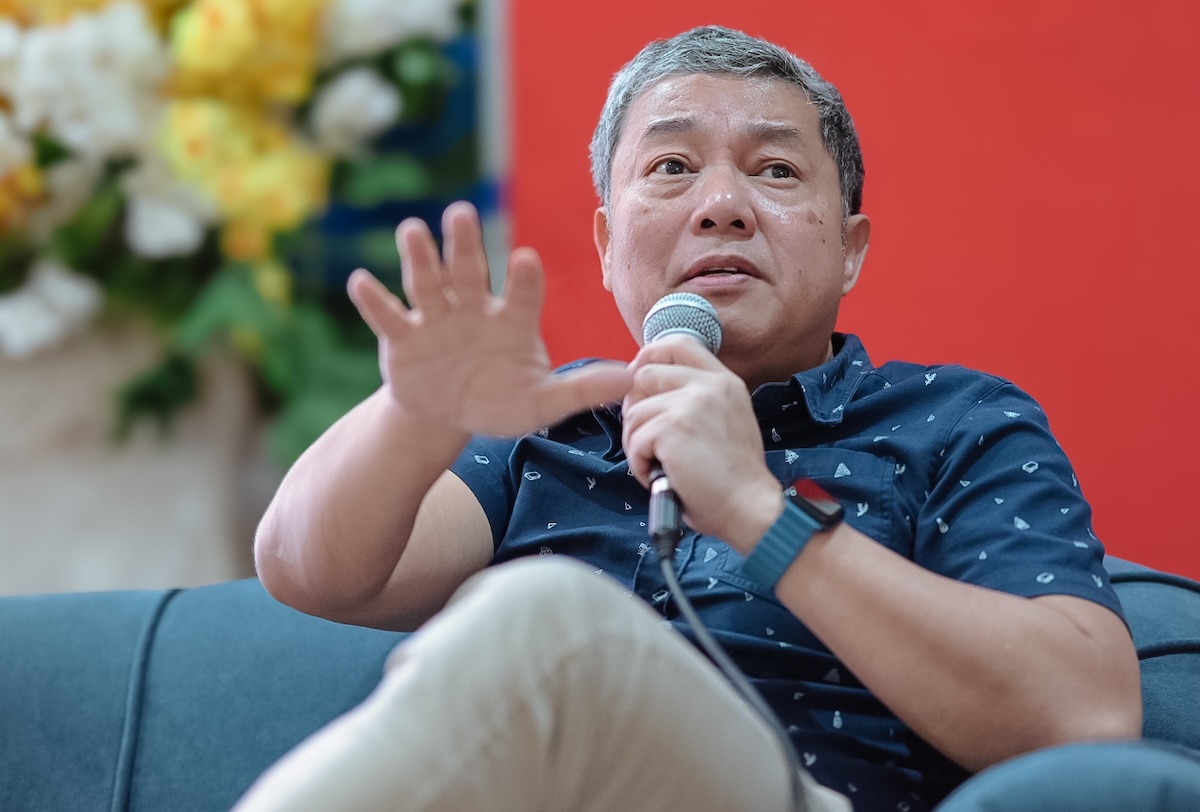President, Congress needed to resolve BARMM ancestral land row

Lawyer Benedicto Bacani, executive director of the political think tank Institute for Autonomy and Governance (IAG) —Photo from the Facebook page of the IAG
DAVAO CITY, Philippines — Threshing out the conflict over the indigenous peoples’ ancestral lands in Maguindanao —and the Bangsamoro as a whole — would need the power of general supervision of the president and the oversight of Congress.
Lawyer Benedicto Bacani, executive director of the political think tank Institute for Autonomy and Governance (IAG), issued this statement after leaders of the Teduray and Lambangian tribes in Maguindanao asked the security forces to protect them following the continued killing of its members.
As of December 7, a total of 83 (not 85 as earlier reported) IP leaders have been killed since 2018, over what the tribe believed had something to do with their ancestral domain claim.
READ: Maguindanao IPs fear losing ancestral lands claimed by MILF
READ: Indigenous people seek Pope Francis’ help in defending ancestral lands
Article continues after this advertisementThe Timuay Justice and Governance, the tribes’ indigenous political structure, also asked the government for legal aid to resolve questions of land ownership in their ancestral land, deemed one of the reasons for the killing, and to speed up the processing of their ancestral domain titles.
Article continues after this advertisementBacani said, however, the conflict over the ancestral lands of indigenous peoples under the current Bangsamoro setup could be rooted in a clash of framework between the IPs and the Moro whose armed resistance waged by the Moro Islamic Liberation Front (MILF) signed a peace deal with the government in 2014 that led to the creation of an expanded autonomous region in the Bangsamoro.
“Even during the peace negotiations, the policy framework of the MILF is that there is only one ancestral domain in the Bangsamoro and this is equivalent to their Bangsamoro homeland,” he said.
He explained that this created a problem among IPs living in the Bangsamoro area because they also had existing ancestral domain claims separate from the Moro.
For the Teduray-Lambangian tribe alone, this covered some 208,258 hectares of area spanning several towns in the provinces of Maguindanao del Sur and Sultan Kudarat, where thousands of the tribe still live.
So they started calling themselves non-Moro IPs to distinguish themselves from the Moro.
Bacani said that the MILF, whose stronghold was in Maguindanao, had always insisted on one ancestral domain claim even during the peace negotiations.
“There was supposed to be no non-Moro IPs simply because all Moro people are IPs but there are IPs [in the Bangsamoro Autonomous Region in Muslim Mindanao] who don’t consider themselves Moro and who want to retain their ethnic identities,” Bacani said.
He said he considered it a clash of frameworks because the MILF stance was that BARMM had only one ancestral domain— their Bangsamoro homeland. But there are other IP groups whose ancestral lands in the area were already being processed for titling by the National Commission on Indigenous Peoples (NCIP).
The ancestral domain claim of the Teduray-Lambangian tribe finished the delineation process when the Bangsamoro Transition Authority (BTA) issued a cease and desist order to stop it, claiming that the jurisdiction already falls under the BARMM.
But BARMM, which has its Ministry of Indigenous Peoples’ Affairs (MIPA), follows the MILF framework because it’s part of the government of the day, Bacani said.
He also cited that, even if the Constitution provided for the right to autonomy, it also had a provision that all regional laws should be subject not only to the Constitution but also to the national laws.
This puts in question whether a national law like the Indigenous Peoples’ Rights Act (IPRA) implemented by the NCIP could be stopped by the BTA. He said, however, that the Supreme Court still had to decide on this jurisdiction issue.